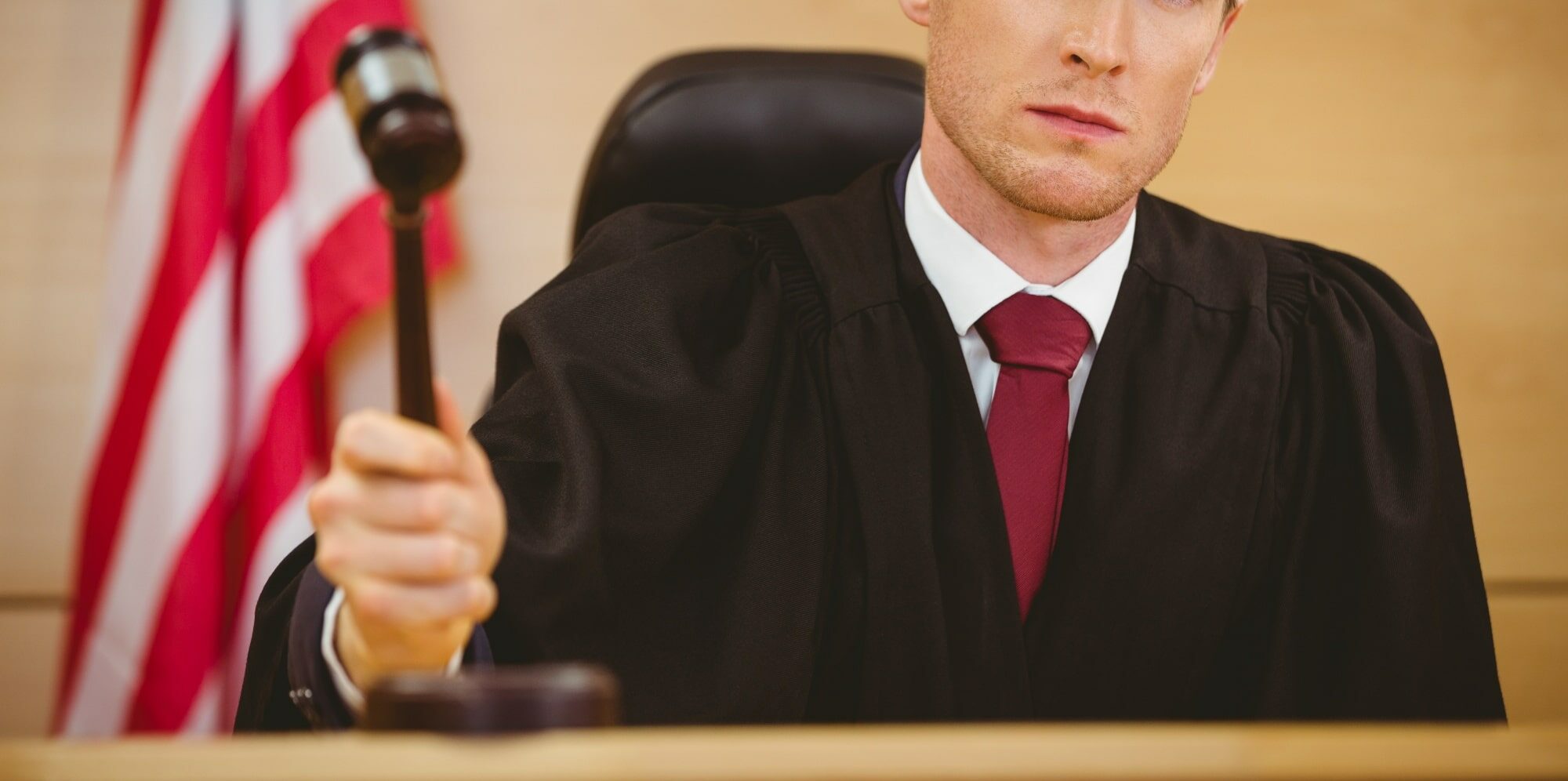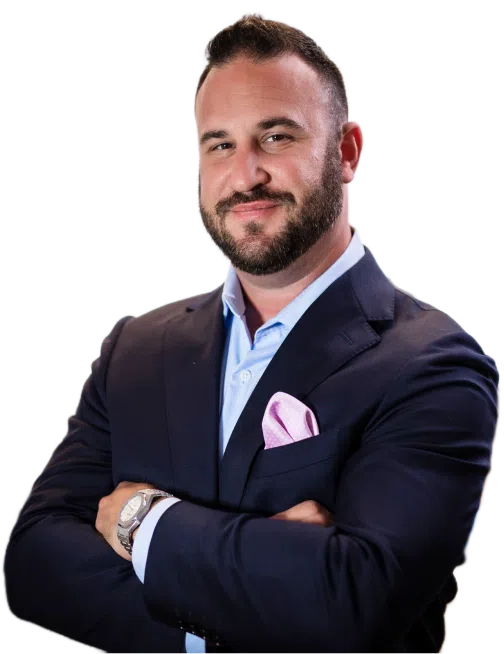Probation often seems like a great way to help resolve a criminal charge, and usually, it is. You may get to avoid jail time by meeting court-mandated requirements.
However, sometimes, knowingly or not, you may violate your probation and find yourself in even more trouble. You think you're meeting the requirements of your probation, only to find out that you've violated one or more of the special conditions of your probation sentence.
Contact probation violation attorney Matt Shafran right away if this happens to you. Your liberty could be at risk. An expert criminal defense lawyer can help you answer these charges. Regardless of the reason for your probation violation, you need a probation violation attorney to fight for you in court.
With the right representation, your probation could be reinstated, and you may avoid jail time. Mr. Shafran and the Weinstein Legal team can develop a defense and present it at your probation hearing.
There are several categories of probation in Florida based on the individual involved in the offense and the type of crime committed. Florida Statutes 948.001 provides more details on these categories.
Administrative probation is defined as no contact, nonreporting supervision. This may be court-ordered, or the Department of Corrections may transfer your probation to the lighter terms once you've completed half of your probation.
Community control is a type of intense, supervised custody, including surveillance on holidays and weekends. Your freedom is restricted within the community, noninstitutional residence, or home, and specific requirements are enforced.
Drug offender probation is a type of intensive supervision that emphasizes treatment with an individualized treatment plan by officers with caseloads limited to 50 cases to maintain adequate staffing.
Mental health probation is a type of specialized supervision that includes mental health treatment from treatment providers who focus on underlying mental health issues. It also includes compliance with prescribed psychotropic medication as outlined by individualized treatment plans.
Sex offender probation may or may not include electronic monitoring. It focuses on supervision and treatment based on an individualized treatment protocol that is administered by an officer with specialized training and a restricted caseload. The officer must meet with the offender regularly for polygraph testing and implementation of the treatment plan.
The many requirements of probation make it easy for you to violate the terms without realizing it. Your probation may even be at risk if your probation officer believes that you violated the terms, even if you haven't. Violations of probation have serious consequences, and without aggressive representation from an experienced criminal defense attorney, you may be slapped with additional disciplinary action.
As spelled out in Florida Statute 948.03, probation is a form of community supervision.
Common requirements of probation include:
- Attending regular meetings with a probation officer
- Adhering to a curfew
- Remaining employed
- Living within a specific area
- Obeying the law
- Restitution for loss caused by your actions
- Paying court costs and fines
- Paying child support
- Agreeing to random alcohol and drug tests
- Completing a drug or alcohol addiction program
- Community service hours
- Classes related to the why you're on probation
Anytime you don't meet these requirements, you can face an additional charge that can result in your arrest.
Probation violations in Florida are classified as either technical violations or substantive violations.
A technical violation means you have not committed an offense that would typically result in an arrest, such as committing a crime. You may have missed a meeting with your probation officer, not completed a required drug or alcohol addiction program, or missed a child support payment.
A substantive violation means you have committed another crime that you would be arrested for, even if you weren't on probation.
While a substantive violation is much worse than a technical violation, they both have significant consequences. Both can result in your probation being revoked, and you may end up in jail. The courts don't take probation violations of any type lightly and may very well give you a harsher sentence. If your charge was to be dismissed upon completion of your probation, it could be entered as a conviction.
Once the probation violation has been noticed, the court will issue a warrant for your arrest. Once you are brought in, you will not be permitted to bond out. And you do not have the right to a jury trial. When you were arrested for your initial offense, the prosecution was required to prove you had committed the offense beyond a reasonable doubt. In a violation of probation case, the prosecutor only needs to prove that you more than likely violated probation, and the hearing is held with a Judge, not a jury. This is a significantly lower burden of proof.
If a judge finds that you did violate your probation, they have three options, per Florida Statutes 948.06.
- Reinstatement of probation
- Modification of probation sentence
- Revocation of probation and enforcement of jail or prison time
If the judge revokes your probation, they may sentence you up to the maximum prison time for the charge you were on probation for, even if the new sentence is longer than the one specified in your original plea bargain. However, the new sentence cannot exceed the statutory maximum for your original offense.
If you have violated the terms of your probation, your probation officer will submit an Affidavit of Violation to the court. This sworn statement details why your probation officer thinks you committed the violation. If your original offense was a felony, they will submit a Department of Corrections Violation Report.
The court then reviews the allegations and determines whether reasonable grounds for the violation exist. If you have made reasonable efforts to comply with the conditions of your probation, your violation cannot be considered willful. If the judge has determined that you have willfully violated your probation, the court will issue a warrant for your arrest. You may be put on "no bond" status, meaning you will be required to remain in jail until a bond can be requested.
You are entitled to a hearing before the judge. There is no jury, but you may hire an experienced probation violation lawyer to represent you at the hearing. Your lawyer will work to convince the court that your probation should not be revoked.
If you are looking for dedicated VOP lawyers near you, contact Matt Shafran at Weinstein Legal today. Mr. Shafran and the Weinstein Legal team will determine how the alleged violation may have occurred and worked hard to help contest the charge or minimize any penalties for your mistake. Mr. Shafran has been successful in keeping his clients OUT of jail in countless probation violation cases.















